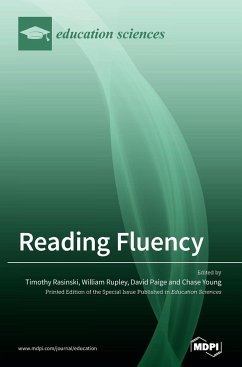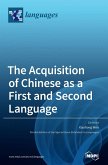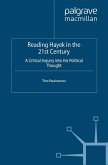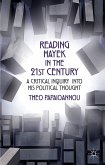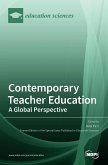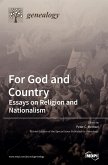Reading fluency has been identified as a key component of proficient reading. Research has consistently demonstrated significant and substantial correlations between reading fluency and overall reading achievement. Despite the great potential for fluency to have a significant outcome on students' reading achievement, it continues to be not well understood by teachers, school administrators and policy makers. The chapters in this volume examine reading fluency from a variety of perspectives. The initial chapter sketches the history of fluency as a literacy instruction component. Following chapters examine recent studies and approaches to reading fluency, followed by chapters that explore actual fluency instruction models and the impact of fluency instruction. Assessment of reading fluency is critical for monitoring progress and identifying students in need of intervention. Two articles on assessment, one focused on word recognition and the other on prosody, expand our understanding of fluency measurement. Finally, a study from Turkey explores the relationship of various reading competencies, including fluency, in an integrated model of reading. Our hope for this volume is that it may spark a renewed interest in research into reading fluency and fluency instruction and move toward making fluency instruction an even more integral part of all literacy instruction.
Hinweis: Dieser Artikel kann nur an eine deutsche Lieferadresse ausgeliefert werden.
Hinweis: Dieser Artikel kann nur an eine deutsche Lieferadresse ausgeliefert werden.

